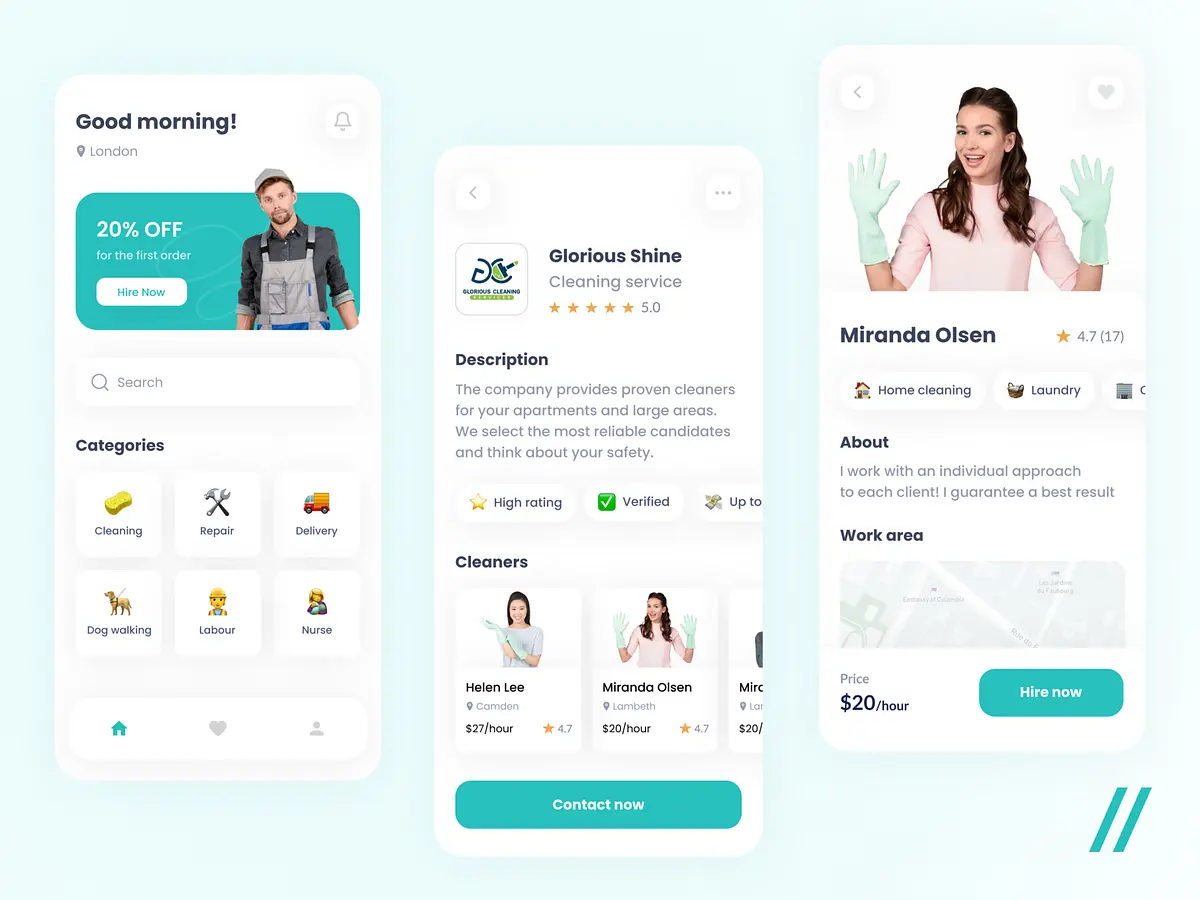Why Cloud-native Platforms Wil Be Key For IT Leader In 2022


Cloud-native platforms enable organizations to accelerate and enhance the adoption of cloud computing (and deliver on digital initiatives) within their business. By 2025, cloud-native platforms will serve as the foundation for more than 95% of new digital initiatives, Gartner predicts.
With the adoption of cloud computing only set to rise in 2022, integrating cloud-native platforms is crucial now more than ever and will provide the primary means for companies to execute their digital strategies and ensure business growth, customer retention and efficiency.
Cloud-native platforms provide abilities that fast-track the use of cloud computing. They include technology functions such as infrastructure as code, continuous integration and delivery (CI/CD), application architecture, infrastructure, and operations (I&O) as well as transformation, including culture, staffing, tools, and processes.
What’s more, they can deliver standardized, automated solutions suitable for cloud environments.
Cloud-native platforms offer IT leaders and companies a key differentiator.
They address legacy application backlogs and make the most of cloud computing to enable innovation and IT modernization. They allow organizations to remain relevant and competitive.
There are several business-wide implications, including the rearchitecting of the system, and the rebuilding process.
IT teams must retain responsibility for a variety of functions, including strategy development and maintenance, procurement and vendor management, architecture governance and security as well as compliance.
For businesses that adopt cloud-native platforms, several actions must be undertaken.
First, cloud-native platforms should become the default for new application development and digital initiatives. Then, create a dedicated platform team that automates, secures, and operates a reliable platform for agile application development and delivery.
Need an extra hand to help you step up your digital transformation game? Reach out to us now!


Table of ContentsFast-track and standardize solutions.Stay relevant-and competitive.Business implications and responsibilitiesAdopting cloud-native platforms Technological advancements are paving new paths for companies across different sectors, and the logistics industry is no exception. According to a survey by Gartner, 87% of supply chain professionals plan to invest in enhancing the resilience of their platforms. Logistics encompasses a broad and complex array of processes that demand the utmost precision and continuous optimization. Companies can automate and streamline these processes through software product development, significantly boosting efficiency. In this article, we will delve into the realm of logistics software development, exploring its key features…
26 July, 2024

Table of ContentsFast-track and standardize solutions.Stay relevant-and competitive.Business implications and responsibilitiesAdopting cloud-native platforms The technology sector is advancing at an unprecedented pace, and the HR landscape is evolving right alongside it. To attract top talent, HR professionals and organizations need to stay ahead of emerging technology hiring trends. This year, we are witnessing significant shifts in hiring practices that will redefine our understanding of the future workforce. According to a Microsoft study, the number of technology jobs worldwide is expected to skyrocket from 41 million in 2020 to an incredible 190 million by 2025. This highlights the tremendous growth and…
25 July, 2024

Table of ContentsFast-track and standardize solutions.Stay relevant-and competitive.Business implications and responsibilitiesAdopting cloud-native platforms Customized software plays a major role in managing various tasks within the telecom industry. It is essential for allocating numbers to subscribers and managing networks through optimized and AI-enabled routing protocols. Additionally, it aids in detecting fraud with intelligent telecom software development solutions and maintaining detailed subscriber profiles, including comprehensive call recording reports. I. A Quick Look into the Telecommunication Industry The telecommunications industry enables the global exchange of information in the 21st century. Key players in this sector include cable and satellite companies, wireless operators, and…
24 July, 2024


Thank you for your interest in TECHVIFY Software.
Speed-up your projects with high skilled software engineers and developers.
By clicking the Submit button, I confirm that I have read and agree to our Privacy Policy